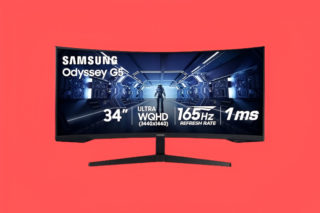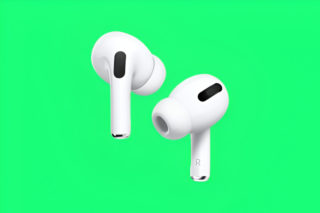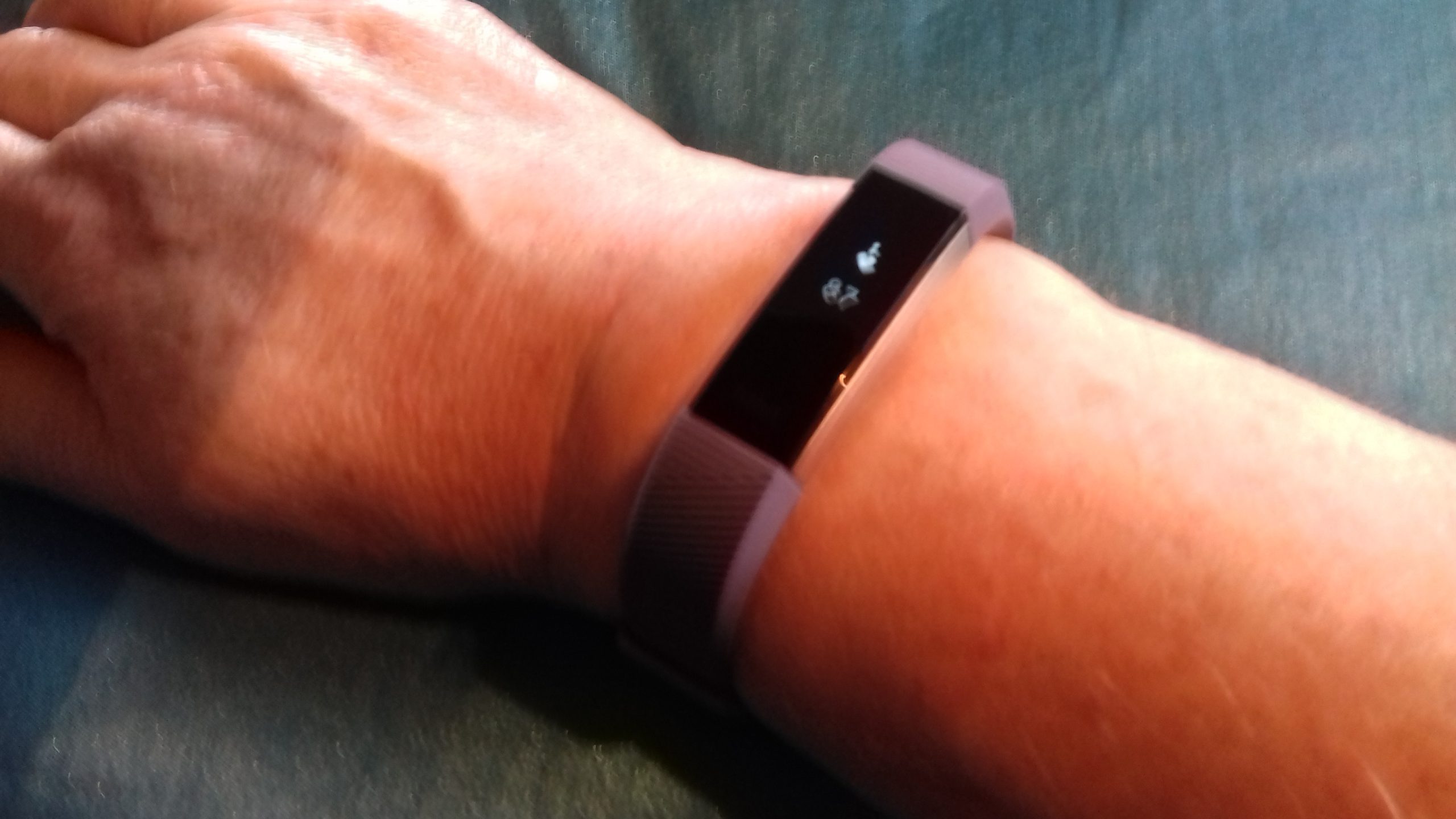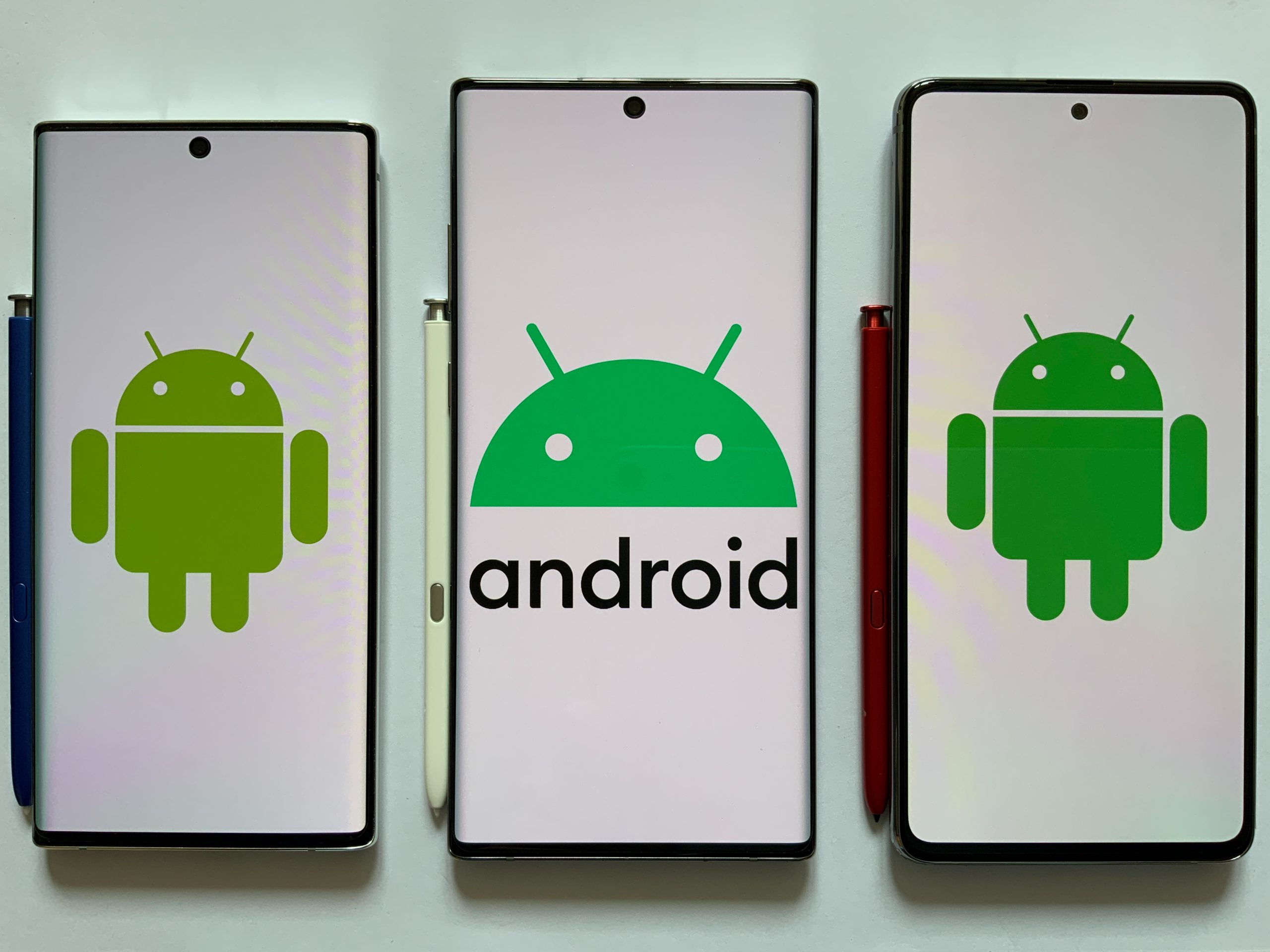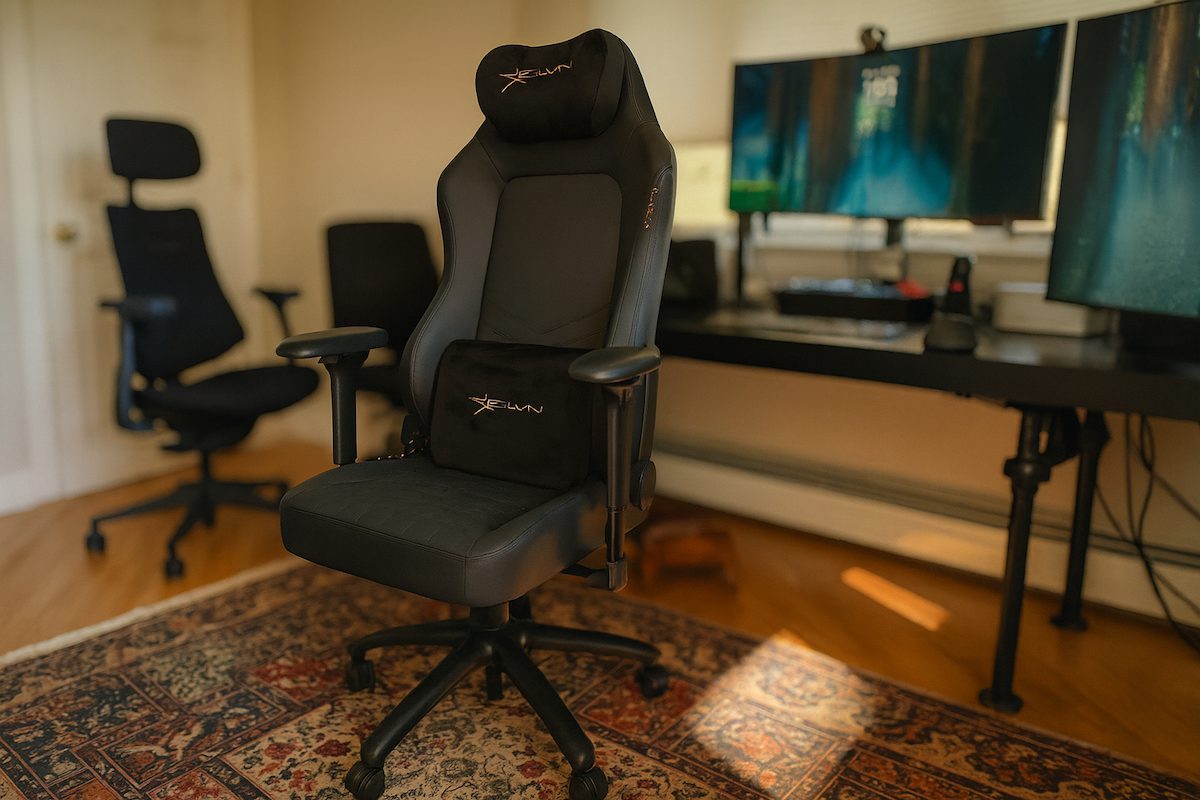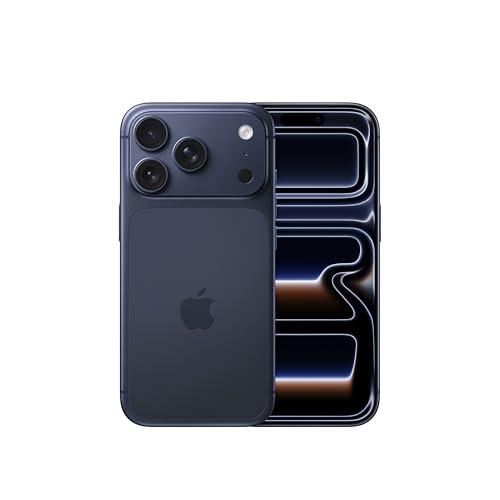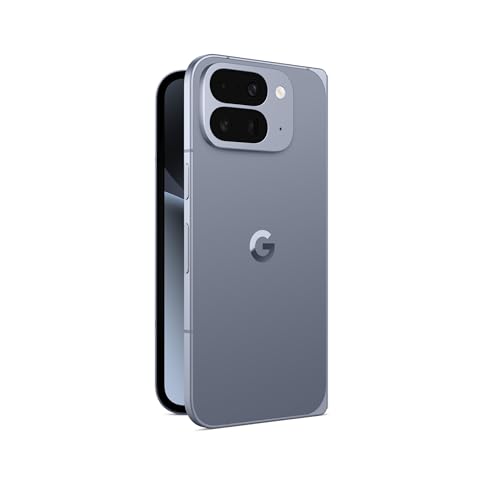Google’s Android XR glasses are back in the smart glasses game, and this time they’re not serving up another tech disaster that makes people cross the street. The smart glasses market has been a graveyard of overhyped promises since 2013, littered with chunky prototypes that screamed, “I’m recording your conversation.” Meta’s Ray-Ban glasses currently rule this tiny kingdom, but they’re Instagram cameras with some AI sprinkled on top. Now Google thinks they’ve cracked the code that everyone else missed: making smart glasses that don’t look stupid and do smart things, potentially sidestepping the privacy concerns that have haunted wearable tech since Meta’s Ray-Ban revival.
The Android XR glasses announced at I/O 2025 pack Gemini AI into frames that look like something you’d wear to brunch instead of a cosplay convention. No weird prism jutting out of your forehead, no immediate “please don’t film me” anxiety from strangers. Sergey Brin admitted they botched Glass the first time around, saying, “I definitely feel like I made a lot of mistakes with Google Glass, I’ll be honest.” Smart money says he’s learned from those expensive mistakes.
Fashion Meets Function (Finally)
The partnership strategy here shows Google finally understands that what goes on your face matters more than what goes in the tech specs. Instead of trying to convince people that engineer chic is the next big thing, Google teamed up with Warby Parker and Gentle Monster—brands that actually know how to make eyewear people want to wear. These partnerships signal that Google learned the most expensive lesson in wearable tech: nobody cares how smart your device is if it makes you look like you’re cosplaying a Terminator movie.
These aren’t the chunky, obvious smart glasses that announce your tech enthusiasm to everyone within a fifty-foot radius. The Android XR frames look normal enough that you won’t get side-eye at the coffee shop or awkward questions about your “special glasses” at family dinners. The optional in-lens display uses microLED technology that keeps information private; your navigation directions appear only to you, not broadcast to everyone within eyeline like some kind of awkward heads-up display that screams “main character syndrome.”
Gemini AI Does the Heavy Lifting
Here’s where things get legitimately impressive instead of just marketing-speak impressive. The Gemini integration isn’t just voice commands that work half the time—it’s context-aware assistance that makes your day easier without requiring a computer science degree to operate. Need directions while your hands are full of groceries? The glasses overlay turn-by-turn navigation directly in your field of view. Stuck in a conversation with someone speaking another language? Real-time translation appears as subtitles, like having personal Netflix captions for real life.
The genius engineering move is offloading most computing to your smartphone instead of cramming everything into the frames. Your glasses stay lightweight and comfortable while your phone handles the processor-intensive work. It’s like having a really smart Bluetooth headset that can see and understand what you’re looking at — a sleek workaround that proves some of the most forward-thinking gadgets aren’t flashy, but quietly redefine how we interact with everyday tech.
Taking Aim at Meta’s Territory
Ray-Ban smart glasses currently own this microscopic market, but they’re essentially fancy cameras with some AI features that work when they feel like it. Google’s betting that actual augmented reality capabilities beat social media gimmicks and occasional voice commands. The Android XR platform is open meaning other manufacturers can build compatible devices without kissing Google’s ring, which is a direct shot at Meta’s closed ecosystem and Apple’s inevitable entry into this market with their usual “we invented this” attitude.
The real test isn’t whether these glasses can translate languages or show you directions—it’s whether Google can avoid the social stigma that killed Glass and deliver something people want to wear every day. Early demonstrations look promising, but Google’s track record with hardware launches reads like a cautionary tale about overpromising and underdelivering.
The Android XR glasses launch later this year, and if Google can deliver on their promises without the usual Google hardware drama, they might finally crack the code on wearable computing that everyone’s been chasing since smartphones got boring. The smart glasses market has been waiting for someone to figure out the formula of useful features, plus a normal appearance, plus a reasonable price. Google thinks they’ve solved that equation, but we’ve heard that story before from the same company that brought us Google Glass, Google+, and the Pixel Buds that couldn’t stay connected to save their lithium-ion lives. This time feels different, but then again, it always does until it doesn’t.





